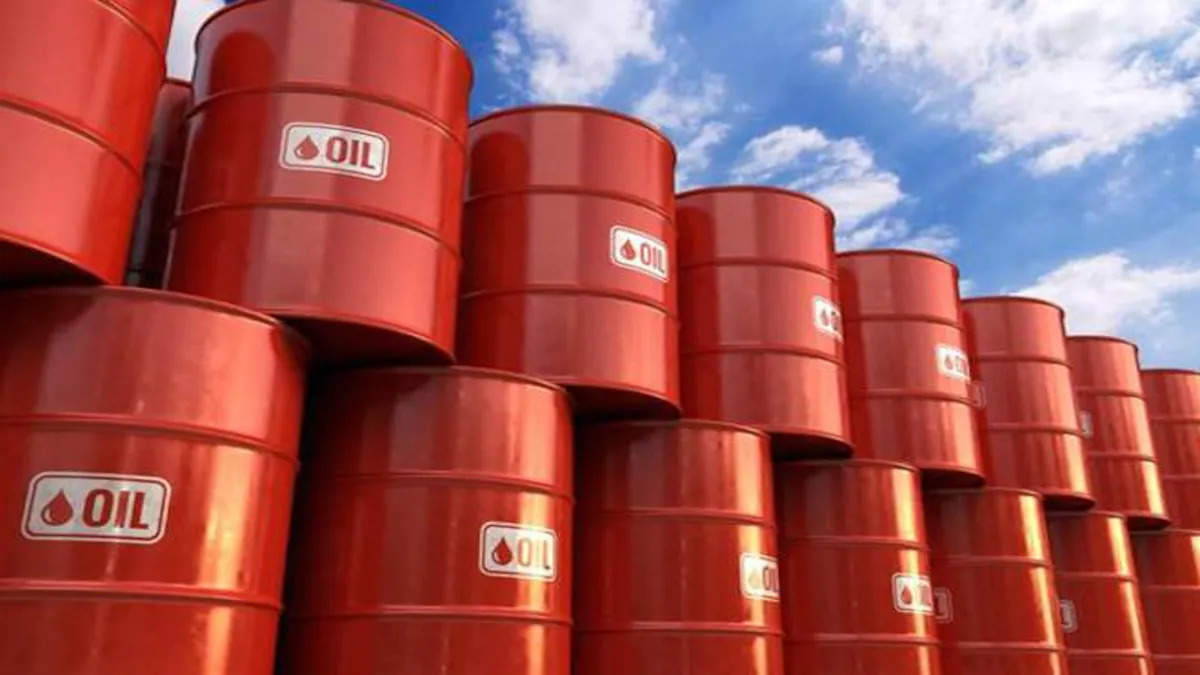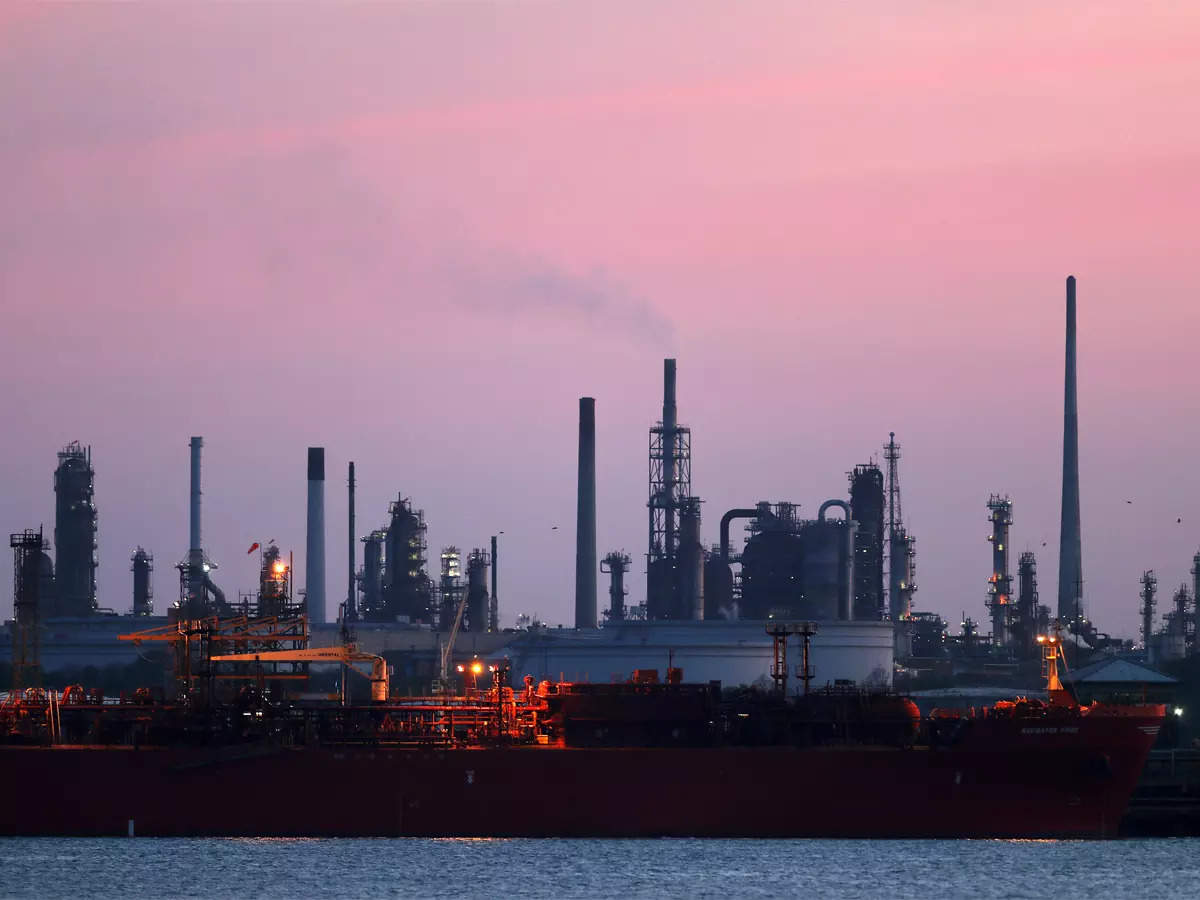Oil Price Surge Fuels Inflation Concerns 2023

Oil Price Surge Fuels Inflation Concerns 2023
The global economy has witnessed a renewed surge in oil prices, a phenomenon that is sending shockwaves across nations and adding fuel to concerns about inflation and Current Account Deficit (CAD).
Oil, often referred to as the “black gold,” plays a pivotal role in the global economy. It powers industries, drives transportation, and affects the price of various goods and services. When oil prices fluctuate, it can significantly influence inflation rates and a country’s trade balance, which in turn affects the current account.
The start of the Israel-Hamas conflict has rekindled concerns about high petroleum prices, which last week drastically reversed after temporarily reaching a year-high of $97 per barrel in September. Brent crude was trading above $87 a barrel on Monday.
Even though the RBI assumed in its most recent monetary policy statement that the price of India’s crude oil basket would average $85 per barrel in FY24, global uncertainties brought on by the Israeli war and the extension of production cuts announced by Saudi Arabia, Russia, and OPEC (Organisation of the Petroleum Exporting Countries) may result in a much higher average price for India’s crude basket.
A spike in imported inflation will result from more expensive crude, in terms of inflation. The effect would be subdued, though, as there may be little or no pass-through of the increase to the retail level.

But because crude is related to naptha, petrol and other industrial feeds in addition to vehicle fuel pump costs, its price increase will also have an impact on a wide range of goods in the petrochem-to-plastics value chain, as well as metals and other commodities. Since the retail prices of this widely used fertiliser are set, higher costs might increase the fertiliser subsidy in India, which imports 20% of its urea needs.
As nations emerge from the shadows of the COVID-19 pandemic and economies start revving up, there’s a heightened demand for oil. Industries are scaling up operations and people are travelling more – both of which require fuel.
OPEC (Organization of the Petroleum Exporting Countries) and its allies have been cautious in increasing output. This, coupled with geopolitical tensions in key oil-producing regions, has restricted supply.

Financial markets play a significant role in oil pricing. Speculators, sensing an opportunity amidst the supply-demand mismatch, have further driven up the prices.
Oil and its byproducts, like gasoline and diesel, become more expensive, directly affecting consumers and industries.Higher transportation costs mean that goods become more expensive to move around. This translates into higher prices for consumers, from food items to manufactured goods.
Inflation erodes purchasing power, which means people have to spend more to acquire the same set of goods or services. This can lead to decreased consumer spending and can eventually slow down economic growth.
The Current Account Deficit (CAD) is a measure of a country’s trade balance in goods, services, and unilateral transfers. When a country imports more than it exports, it runs a deficit.

Countries have to shell out more of their foreign exchange reserves to pay for the same quantity of oil.A widening CAD can exert downward pressure on the national currency, making imports even more expensive and further widening the deficit.
A persistent CAD can make a country less attractive to foreign investors, as it might be perceived as a sign of economic instability.
Countries need to look beyond oil and invest in alternative energy sources like solar, wind, and nuclear. Building and maintaining strategic petroleum reserves can act as a buffer during times of price volatility. Promoting energy-efficient technologies and conservation practices can reduce the demand for oil.
Central banks might consider adjusting interest rates or taking other monetary measures to combat inflation. Similarly, governments can look at fiscal measures to support industries most affected by rising oil costs.
The renewed surge in oil prices is a stark reminder of the intricate web of global economic dependencies. It underscores the need for countries to diversify their energy portfolios and adopt sustainable practices.
While the immediate future may see more economic turbulence owing to these price fluctuations, it also presents an opportunity for nations to innovate and adapt in the face of challenges.





